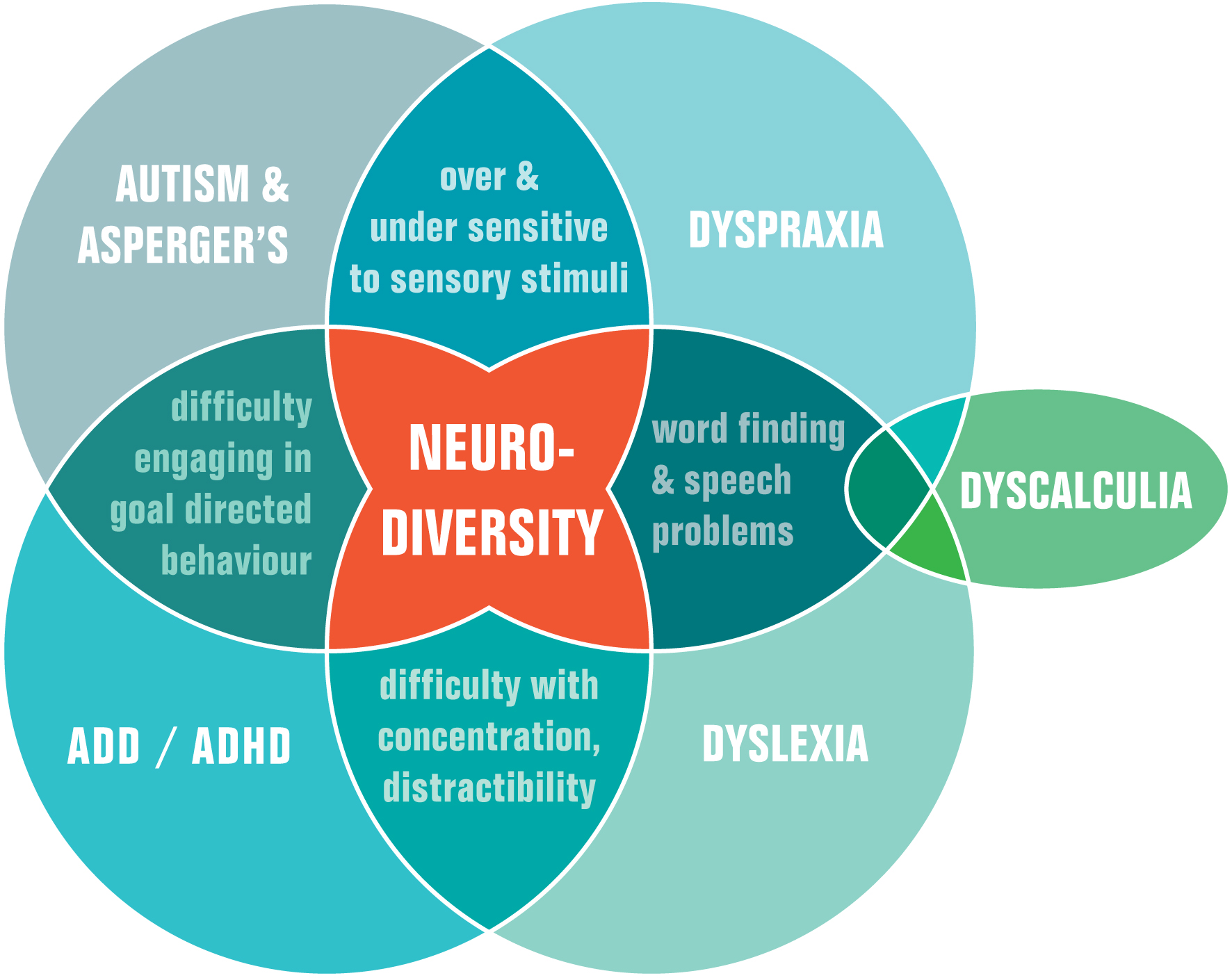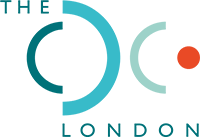Assessment Services
Psychoeducational Assessment
A psychoeducational assessment is much broader than the standardised tests given in the classroom. Attainment tests in reading, writing, spelling and maths are included, but there are also measures of abilities (both verbal and non-verbal) and diagnostic tests in areas such as phonological processing, visual-motor skills and behaviour ratings.
The psychologist works with the child or young person on a one-to-one basis and looks at the whole individual and their history. The aim is to find out how that individual learns, what their strengths and weaknesses are, and if there are any Specific Learning Difficulties (SpLD) affecting the acquisition and processing of information in school. Before the report is finalised, the psychologist will discuss with the parents and/or student the tests, scoring and implications for the individual, and also the rationale behind the assessment process.
Assessment Services
Psychoeducational Assessment
A psychoeducational assessment is much broader than the standardised tests given in the classroom. Attainment tests in reading, writing, spelling and maths are included, but there are also measures of abilities (both verbal and non-verbal) and diagnostic tests in areas such as phonological processing, visual-motor skills and behaviour ratings.
The psychologist works with the child or young person on a one-to-one basis and looks at the whole individual and their history. The aim is to find out how that individual learns, what their strengths and weaknesses are, and if there are any Specific Learning Difficulties (SpLD) affecting the acquisition and processing of information in school. Before the report is finalised, the psychologist will discuss with the parents and/or student the tests, scoring and implications for the individual, and also the rationale behind the assessment process.

The assessment findings subsequently guide teaching professionals on how to provide a child or young person with the tools they need to fulfil their potential. If the report includes evidence of SpLD, along with documentation of the individual’s school work also providing such evidence, then a ‘picture of need’ can be submitted to an exam board for access arrangements, such as use of a laptop, extra time or a reader. These access arrangements are to allow each child or young person to work to their full potential. For example, the use of a laptop can help a student identified with Specific Learning Difficulties (SpLD) such as Dyslexia, Dyspraxia/Developmental Coordination Disorder (DCD), or Attention Deficit/Hyperactivity Disorder (AD/HD) structure their ideas more effectively and better demonstrate what is in their head.
A psychoeducational assessment is a first step towards understanding a child or young person more fully and therefore providing that individual with the support that is needed.
From September 2024 Adele will be offering screening measures in ADHD, Executive Function, Mental Health, and Dyslexia. For more information on these, please contact Adele using our contact form.
Autistic Spectrum Condition (ASC) Assessment for Children and Adolescents
There is no single test to diagnose ASD, and the assessment usually involves a number of different professionals (e.g. a specialised medical doctor and a psychologist), in-depth clinical interviews and observations and multiple informers. Our assessment is not designed to provide merely a label, but it is carefully and Individually tailored to provide children, young people and their families not only with a diagnostic but also with a profile of strengths and areas of need. There is not one single child or young person who will have exactly the same profile and this will inform any necessary therapeutic and educational interventions to put in place to allow the child/young person to achieve their full potential. Moreover, our assessment process is based on a positive narrative of autism, which is not seen as a disorder but a different way to perceive the world. The assessment will also screen for co-occurring difficulties more often than not associated with autism such as sensory processing difficulties, mental health difficulties, executive functioning difficulties and daily functioning skills. We offer individually tailored post-diagnostic support for children , young people and their families and well as liaison with schools. We are employing a multi-disciplinary approach to both assessment and intervention and we are closely collaborating with our associated Child and Adolescent Psychiatrists, Specialised Paediatricians, Speech and Language Therapists, Occupational Therapists, Educational Consultants and Specialist Coaches to ensure that we are offering the most comprehensive assessments and interventions as appropriate. For more details on ASD assessments, please contact us.
A diagnostic assessment investigates if an individual has a Specific Learning Difference (SpLD), such as dyslexia, by building a profile of how they process information, their personal strengths, the challenges they experience and their literacy skills. it is similar to a psychoeducational assessment.
Information is gathered on the developmental and educational background of the individual through questionnaires that are sent in advance of the assessment. On the day of the assessment, the individual is interviewed informally and then a series of psychometric tests are administered. These assess underlying verbal and nonverbal abilities, spelling, reading, and writing skills, problem solving and visual skills, processing abilities and if needed, maths.
An assessment for a secondary school or college student is useful because the report may include recommendations for exam access arrangements. A post-16 assessment for higher or further education is useful because the report will make recommendations which could also mean that the individual could apply for Disabled Student Allowance (DSA).
